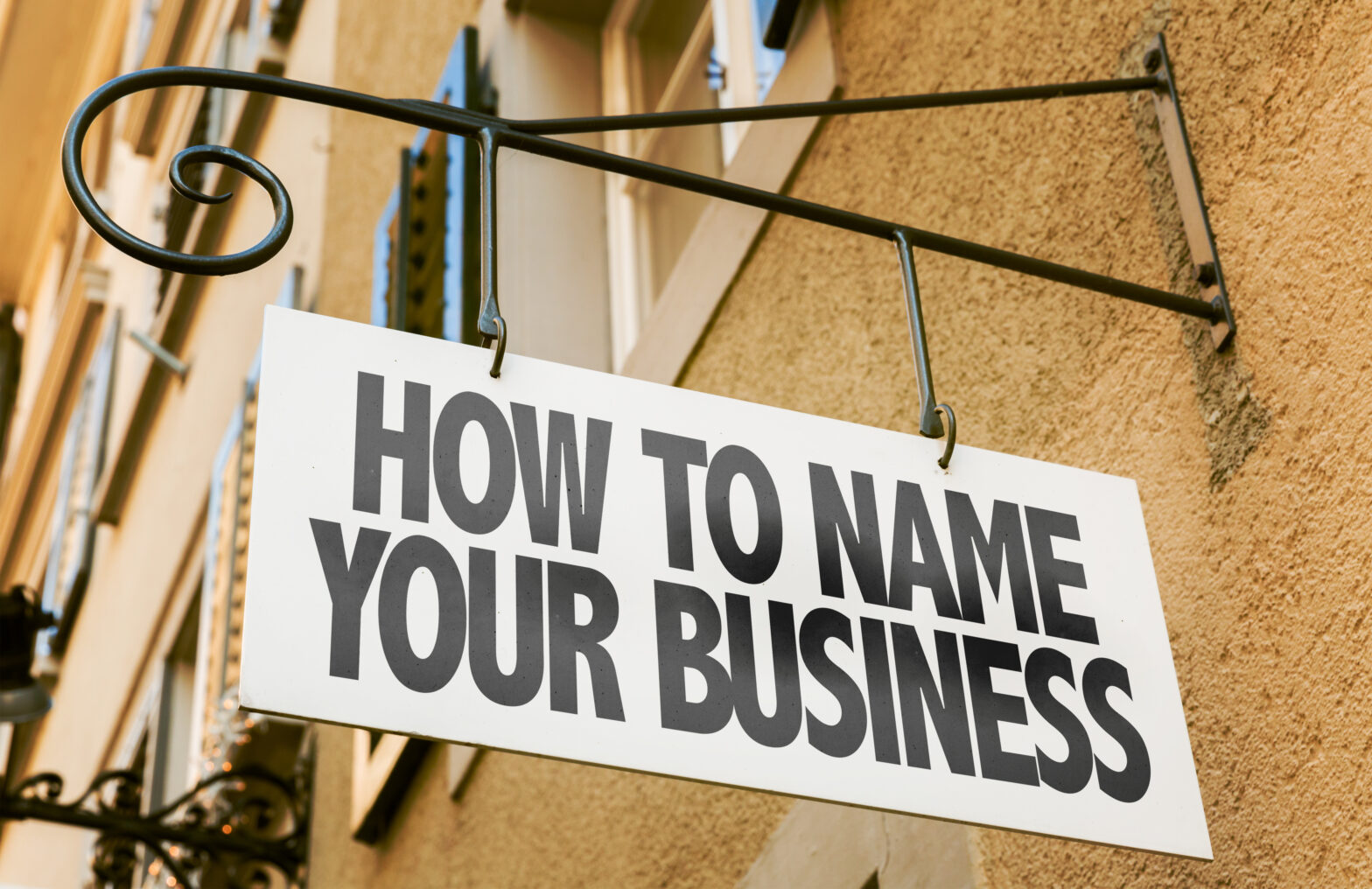Research from British Gas Business reveals almost three-quarters of small businesses are shunning family names for their fledgling ventures.
Key findings include:
- 60 per cent saying that the choice of name should appeal to new customers.
- 59 per cent believe that the choice of name should illustrate the product or service offered.
- Over 50 per cent found it hard to choose a name for their business.
- Small businesses only take one to two days to name their business.
- 72 per cent of small businesses in the UK feel that the choice of business name should be memorable.
- 60 per cent feel that a business name should appeal to new customers with a further 59 per cent stating that the business name should tell the customer about the product/service offered
- 78 per cent of businesses in the North of England place the most importance on getting the name of their company right.
- Welsh businesses placed least importance on getting a business name right (28 per cent).
- Businesses in Scotland found it easiest to name their company (72 per cent).
‘Small businesses have to punch above their weight to compete against larger competitors with more established brands,’ explains British Gas Business’ commercial director Adrian Harvey. ‘A company’s name plays an important role in doing this as it can quickly inform a potential customer of the product or service on offer. If a name is not carefully thought through and does not properly reflect what you do, potential customers will go elsewhere.’
‘Small business owners should also remember that web usage is increasing all the time, and free online listing services are becoming the search method of choice for many consumers. This may go some way to explain why family names are now not so prevalent, as it’s more important for small business owners to make their company names as memorable and as relevant as possible.’
Things to consider when naming your business
- Do you want the name to reflect what your business does – framing, moving, cleaning, building? Or would something more abstract be suitable?
- Do you want a traditional-sounding name, conveying durability and old-fashioned values, or a modern name, suggesting a fresh, innovative approach?
- Think about the future – avoid words or phrases that are likely to date quickly.
- If you’re likely to be trading overseas, check that the name doesn’t mean anything inappropriate in the relevant languages, and that it can be easily read and pronounced.
- Think about callers and customers – avoid very long names, strange wordings and unusual spelling.
- Check no-one else is already using the name you choose.
‘The key to a successful name is to differentiate yourself from the competition,’ believes Jim Boulton of Large Design. ‘Not only does a company name have to be memorable and easy to say and spell, it needs to yell, “CHOOSE ME, I’M SPECIAL!”’
Below are Boulton’s tips to help you make your name more memorable:
- It must be instantly appealing, easily recognised and reflect your qualities and values
- It must be easy to say and spell
- It should appeal to the customers you are trying to reach
- You need to think about the practicalities of colour – does it print easily, does it look professional?
‘Once this stage has been completed you need to go through a screening process,’ concludes Boulton. ‘This examines such issues as registered companies with similar names, trademark conflicts, URL registration, sound-alike and look-alike issues etc.’





